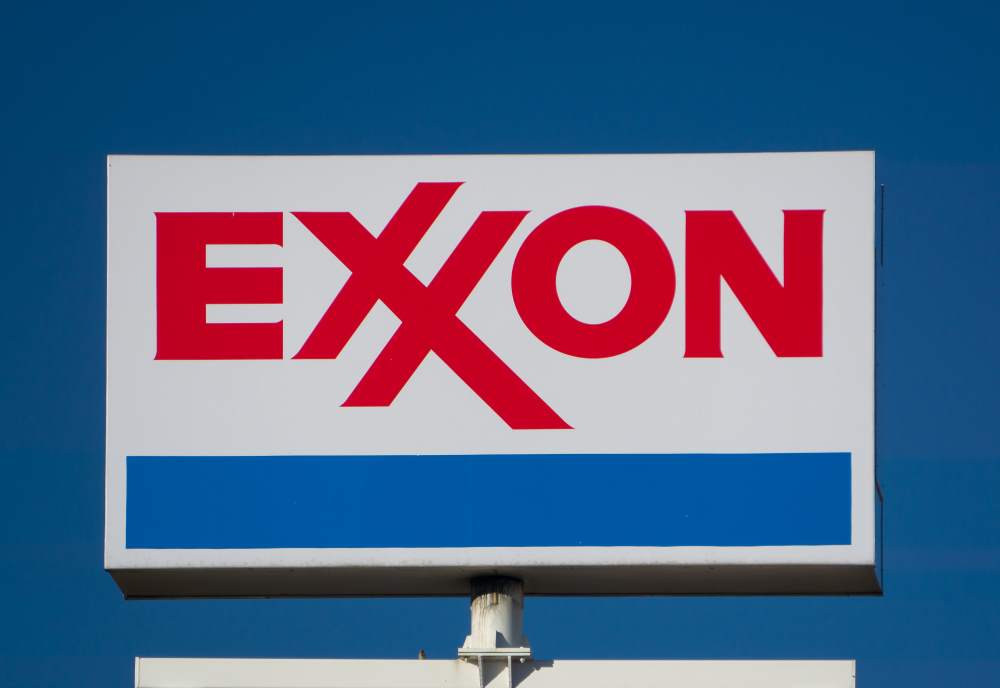October trial between energy producer and state of NY carries major ramifications
By: Todd Shepherd
A state judge agreed with Exxon that the New York attorney general’s office hasn’t done enough to lay out an accurate witness list for an upcoming court case.
In October of 2018, the New York AG filed suit after a multi-year investigation against Exxon, alleging the company misled investors by not accurately disclosing the risks its business faced as a result of climate change.
Since then, a battle has played out over the elements necessary for a trial, including disclosure of documents but also the witness list for each side.
Judge Barry Ostrager chided the AG’s office on Wednesday for having more than 30 persons on their potential witness list, while Exxon only has 11. In particular, Ostrager said the AG couldn’t simply list “Goldman Sachs” as a potential witness, when the company has tens of thousands of employees.
“This is a case that’s been in discovery and investigation for three years,” Ostrager said, according to courtroom transcripts. “And it doesn’t seem reasonable to me that four months before trial you can’t do a better job of identifying potential witnesses with [greater] specificity than you have.
“Now, I’m not going to play hall monitor where we have weekly conferences with the lawyers to ascertain the extent to which you’re giving Exxon reasonable notice of the witnesses you may potentially call at trial. But you can’t give them the name of a company with 600,000 employees and not indicate which of four or five of those 600,000 employees you might call as a witness—as witnesses in your case.”
It would appear Ostrager was purposefully exaggerating to make a point, given that the banking and investment giant is estimated to have about 36,000 employees.
The judge meanwhile denied a request by Exxon that would have let the company unseal records between the AG and Matt Pawa, a lawyer and climate activist who has been a central force in convincing governments across the country to sue energy producers. The AG had argued that the communications should be kept sealed claiming that Pawa was a “whistleblower.” Exxon had argued that Pawa was more akin to a cooperating agent by providing strategy and legal insight.
Ostrager did, however, leave open the possibility that Exxon might be able to obtain quarterly reports from a special attorney placed in the AG’s office but who is funded by former New York City mayor Michael Bloomberg specifically to work on climate- and energy-related legal issues.
While the special attorney in this instance is under the control of the AG’s office, per his contract he must send quarterly reports back to the New York University State Energy and Environmental Impact Center (SEEIC), the law school funded by Bloomberg that pays the salary of the special attorney and has also placed climate attorneys in other AG offices across the nation.
“Documents may reveal a trail of influence peddling,” the Wall Street Journal editorial pages wrote about the court case just days ago. “Quarterly reports from the New York AG to the SEEIC explain the fellows’ contributions to environmental initiatives.”
“Exxon has produced millions of pages of documents since former New York Attorney General Eric Schneiderman began investigating the company in 2015 and now wants more information regarding the office’s communications with outside groups,” the paper also said. “Yet AG Letitia James is dodging transparency regarding her office’s SEEIC relationship.”
The Wednesday proceedings also netted some positives for the AG’s office, as the judge threw out two of the defense strategies Exxon was hoping to use in the trial.
“I am happy with the judge’s decision today, and look forward to continuing to make our case in court,” Attorney General Letitia James said in an emailed statement to the Free Beacon.
Attorneys for Exxon did not comment, but a representative of the National Association of Manufacturers blasted the AG’s office and what he perceived as the overall thrust of the suit.
“Over the years, significant evidence has been disclosed in the public record showing that the New York Attorney General’s investigation of ExxonMobil and now this lawsuit were done in close coordination with outside groups that are financially and politically motivated,” said Phil Goldberg, special counsel to NAM’s Manufacturers’ Accountability Project.
“The goal of these private groups is to weaken the energy manufacturing industry, rather than seeking justice. Today’s hearing helped further expose this unfortunate reality to the public, and we continue to urge the Attorney General to adhere to basic principles of transparency that should be required of every public official.”
If Exxon were found liable for not accurately defining to investors the company’s risks of future regulation because of climate change, other suits would likely follow in other jurisdictions. (Washington Free Beacon)





